
As Romania’s most significant wine exporter, Cramele Recas has customers in most major wine markets around the globe. Sabi Phagura caught up with owner Philip Cox and found out how hard business has become for the company, and how they are trying to do their bit to help fight Coronavirus.
LM: Do tell us how you got involved in wine, and when you launched Cramele Recas.
Philip Cox: I started my career working for Heineken in Bucharest as their importer for Romania, so I have always had a hand in the drinks industry. I founded Cramele Recas in 1998 with my wife with two other families. It’s certainly a family affair, as we’re all still working in the company!
LM: What was it about Romanian wine that got your interest?
PC: It was clearly a large wine-producing country (bigger than New Zealand and South Africa etc.) with great traditions, but it had fallen into a state of disrepair in the 1990s and was not well known abroad. That seemed to me to be a good chance to start something new using 21st-century knowhow to turn it into a modern wine producer in the middle of Europe.
LM: Forgive us if we’re wrong, but is Romanian wine less widely known and talked about?
PC: For a long time, consumers were very concerned about where their wines were from and would stick with the classic wines of France and Italy etc. But we see more and more interest in Romanian wine, and we’re glad to be playing a part in the shunning of the old notion that Romanian wines are off the beaten track.
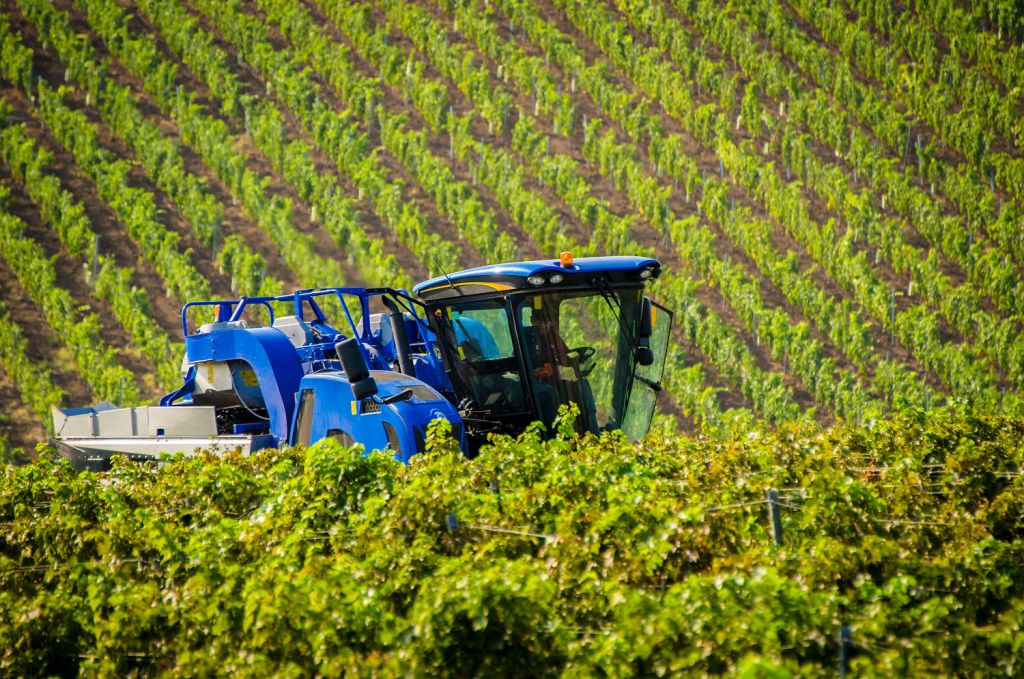
LM: You produced a spectacular 23 million litres in the 2019 harvest. What does it take to become the largest exporter of wine in Romania?
PC: We bought an old state winery, but we’ve since invested €50 million and planted 1,200 hectares of new vineyards. We now own three wineries: one large facility in western Romania with a capacity of 32 million litres, plus two further sites in the east, which can process a further 7.5 million litres between them. It’s difficult to say what exactly helped us become the largest exporter of wine, but crucially, we are extremely good value for the quality of wine we produce, which has a huge impact.
Also, a tactic we’ve used in the past, and continue to use, is to make sure our wine bottles are attractive to the markets that they’re going to be sold in. We find that consumers are more inclined to pick up a bottle that looks good and is at a good price, so this helps people try the wine. Consumers might not naturally go for a Romanian wine, but once they get past that and try it, they’ll keep coming back for more.
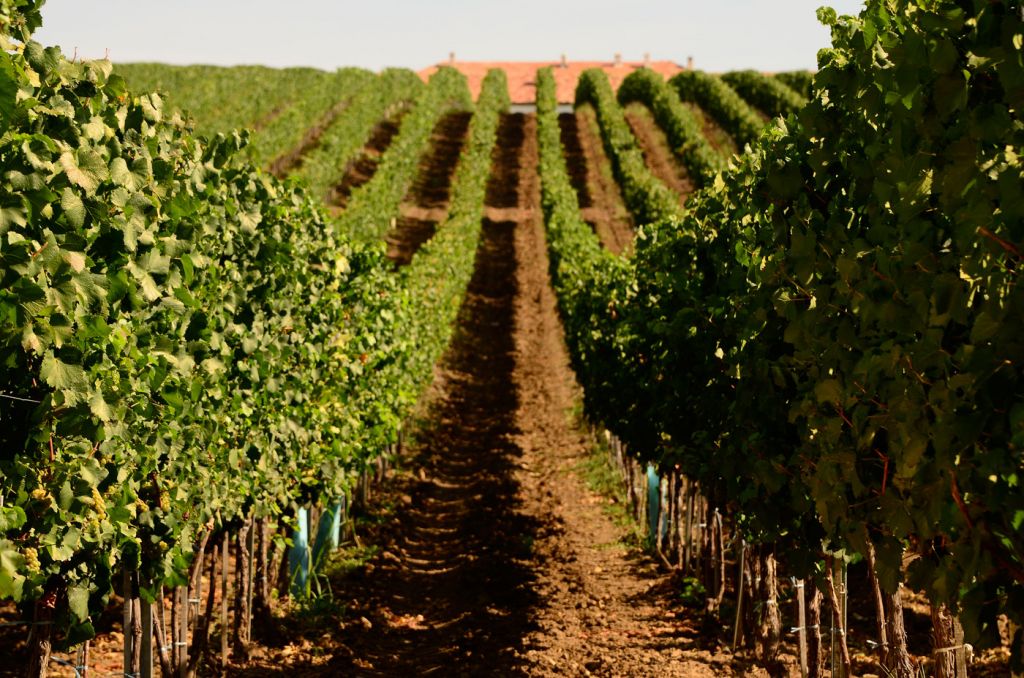
LM: How has COVID-19 had an impact on the global supply and movement of wine?
PC: It’s a mixed situation. All markets have suffered from the shutdown of the on-trade, but it affects the traditional suppliers more from the larger winemaking countries. In our home market, there has been a sharp drop in on-trade sales, which is painful for us. Retail, on the other hand, has been going better than normal, especially the proximity retailers such as Aldi, Penny Market and Rewe in Germany or Co-op and Spar in the UK. Also online is obviously going well – we work with Virgin Wines in the UK.
Overall, it’s not going to be a good year for us, but it’s not an existential threat. Other countries have much bigger problems. For example, South Africa has seen a real disruption of wine sales by lockdown laws.
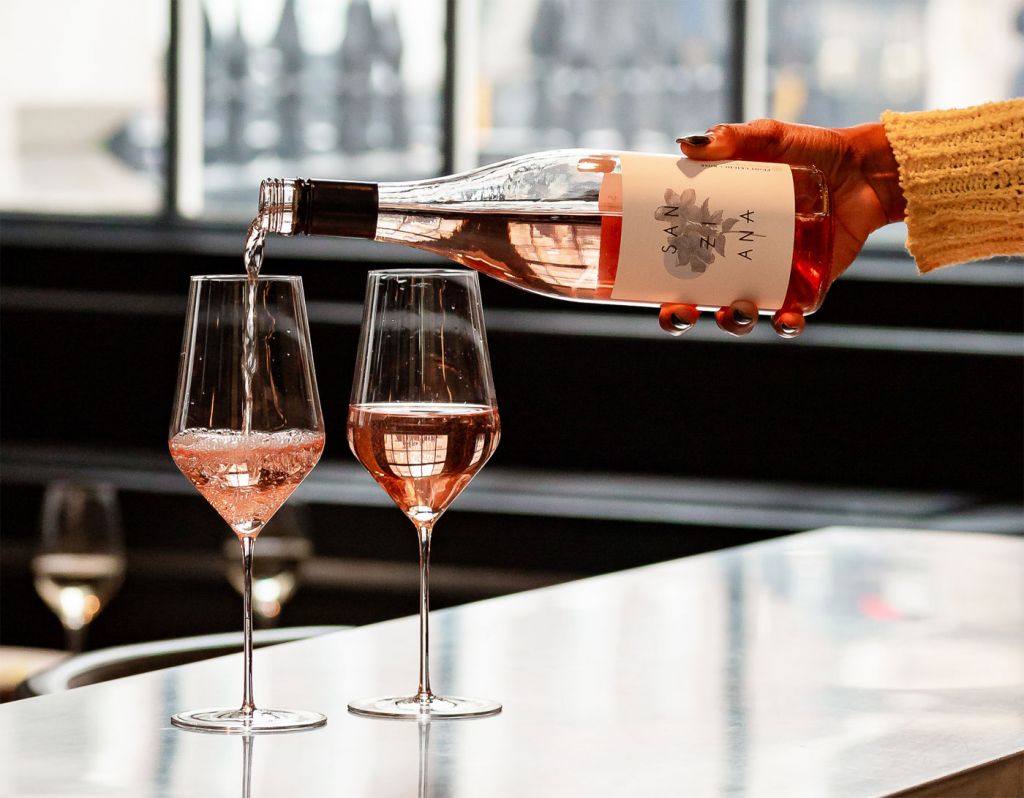
LM: What are the long-term effects of the pandemic on the European wine landscape?
PC: I always see times of crisis as a potential opportunity, where many businesses are forced to reset their thinking and look much more closely at what they buy and sell. This gives us a good chance to get a foot in the door with our high value for money wines. We’re seeing sales across Europe doing well, especially the off-trade in Germany and Netherlands.
There will definitely be some consolidation of the global wine business – there are too many wineries in the world, more than the market needs in fact. There may well be some big companies that are put under pressure. The industry is not very good at adapting to supply and demand, and there’s a lot of people who make wine that nobody actually wants. We’ll see how it plays out.
LM: We understand Recas have been doing their bit to help during the Coronavirus crisis. Could you talk us through what you have been doing during the pandemic?
PC: We’ve made Timisoara in Romania our home since 1998. We’re incredibly proud to be a successful Romanian company, and so we’ve purchased and donated a total of six ventilators and other medical equipment worth over €90,000 to local hospitals to help the frontline health workers battle Coronavirus. We hope our community can come out the other side and are so in awe of all of the initiatives that have come about to support all industries affected.
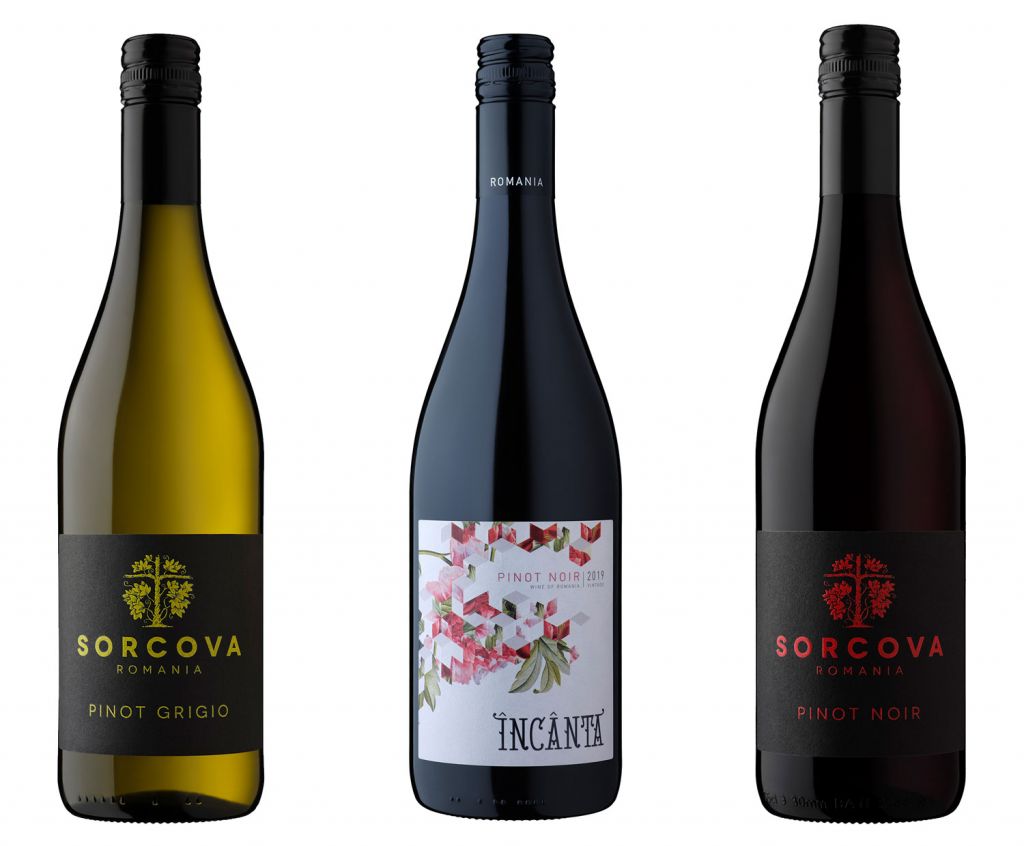
LM: Where can we buy Recas wines, and which ones would you recommend as we head into the spring/summer season?
PC: We’re launching a new range in Waitrose on the 22nd of June called Sorcova, which features a Pinot Noir and Pinot Grigio, and both have an RRP of £7.79. You can’t beat Rosé for summer either, so we would have to recommend our Sanziana Pinot Grigio Rosé which is available at Corney & Barrow, priced at £8.25.
Our Incanta Pinot Noir also makes a good ‘BBQ wine’ – perfect with charred steaks and meats. You can pick this up at Majestic for £7.99.
LM: Thank you for your time, and it has been a pleasure speaking to you.
Read more interviews in our dedicated section here.
![]()


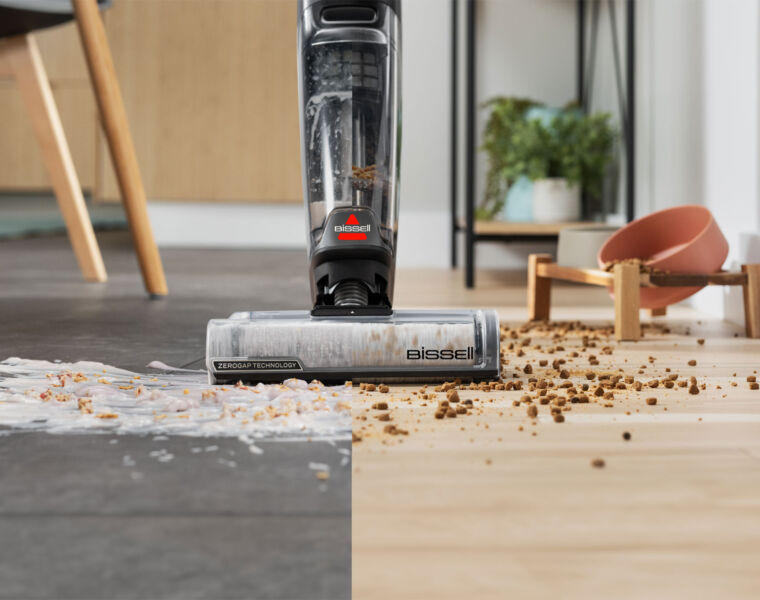
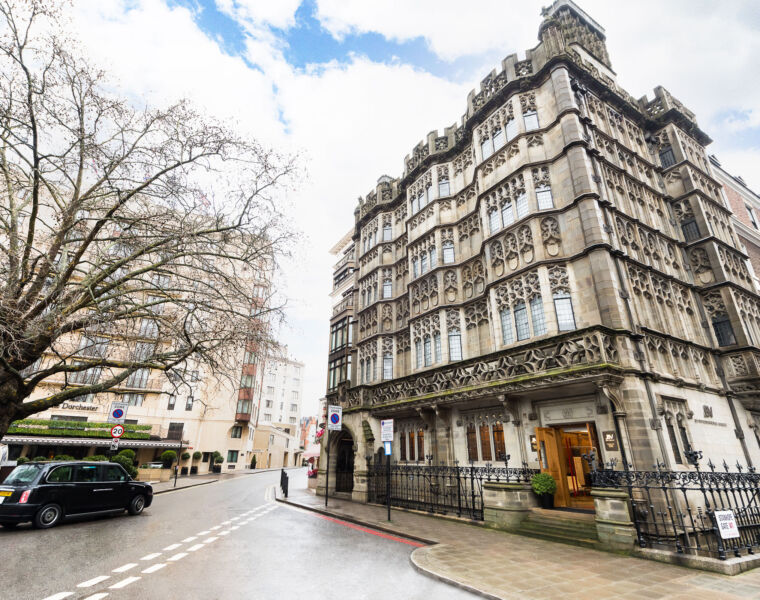
You must be logged in to post a comment.